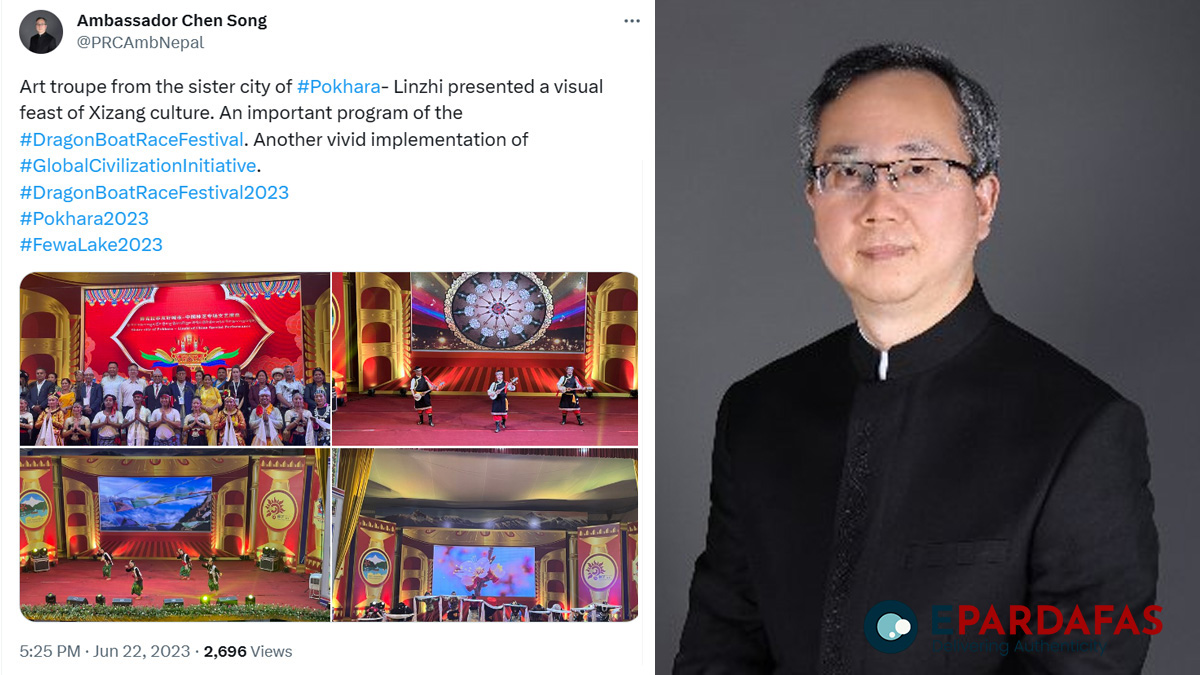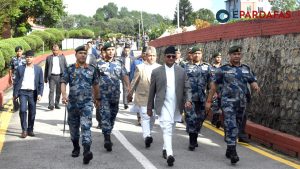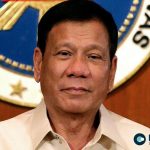
Chinese Ambassador’s Controversial Remarks Prompt Parliamentary Committee Inquiry
The recent inflammatory statements made by China’s Ambassador to Nepal, Chen Song, regarding Nepal’s international relations and trade, have sent shockwaves through the nation’s political and diplomatic circles. As public opposition to his remarks grows, the parliamentary committee is set to address this matter.
The International Relations and Tourism Committee under the House of Representatives has summoned Foreign Minister NP Saud for a discussion on Thursday. While his attendance remains uncertain, the committee is preparing to address various critical issues, including the ambassador’s remarks.
Committee Chairman Rajkishore Yadav, in a conversation with Pardafas, revealed that the meeting’s agenda will encompass discussions on the code of conduct for foreign diplomats in Nepal. He emphasized the need to ensure that Nepalese ambassadors adhere to this code of conduct.
“We have requested the secretariat to call the foreign minister,” Chairman Yadav informed Pardafas. “There are multiple issues to address, including the code of conduct for diplomats.”
Additionally, the committee will deliberate on Prime Minister Pushpa Kamal Dahal Prachanda’s upcoming visits to the United States and China. It will also investigate conflicting statements made by Foreign Minister Saud and former Foreign Minister Pradeep Gyawali regarding Nepal’s new map.
Chairman Yadav stated, “The issue of the map itself is contentious, and maintaining institutional memory is crucial. Once the minister’s attendance is confirmed, the meeting will proceed, and all pertinent matters will be discussed.”
Ambassador Chen Song’s controversial comments, made at a public event in Kathmandu last Saturday, touched upon Nepal-India relations and Nepal’s economic situation, straying from diplomatic decorum.
Ambassador Song made undiplomatic remarks concerning the electricity trade between Nepal and India, suggesting that Nepal could achieve economic prosperity through trade with China rather than India. He called for a reevaluation of Nepal’s policies to reduce dependency on India, citing India’s monopoly on salt trade as an example.
“Some Nepalese diplomats have expressed objections to the Chinese ambassador’s comments on Nepal-India relations, considering it an internal matter of Nepal. Openly criticizing neighboring countries’ policies is undiplomatic,” they argued.
Ambassador Chen Song also highlighted Nepal’s substantial trade deficit with India, particularly in electricity and agriculture sectors, and urged Nepal to emulate China’s economic structure. He emphasized that Nepal should invest in agriculture to enhance production.
Responding to rumors of a trade deficit with China, Ambassador Song clarified that China encourages the export of Nepali products and stands ready to import agricultural goods from Nepal. He emphasized that Nepal’s economic situation requires restructuring and could benefit from China’s economic model.
In light of these remarks, civil society leader Dr. Sundarmani Dixit has called for the Nepalese government to seek clarification from the Chinese government and consider recalling the ambassador. He stressed the importance of preserving Nepal’s long-standing relations with China.
In an interaction organized by Reporters Club Nepal, Dr. Dixit stated, “The Chinese ambassador’s statements have the potential to harm our relations for years. The foreign minister should immediately seek clarification from the Chinese ambassador and express that such statements do not serve Nepal’s interests. Nepal should consider recalling the Chinese ambassador and communicate this to the Chinese government.” He also suggested that Nepal should have informed friendly countries about the release of the new map of Nepal.













Comments